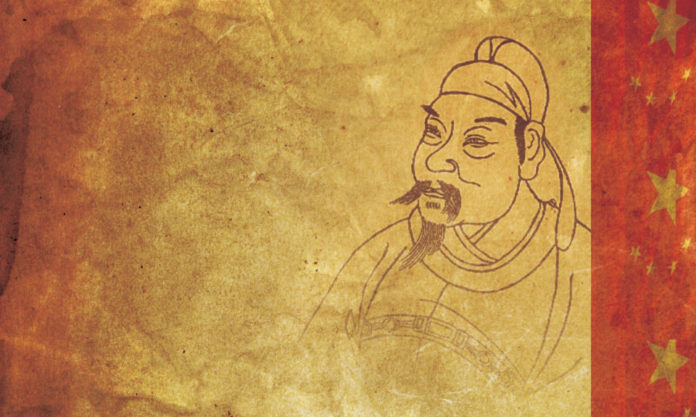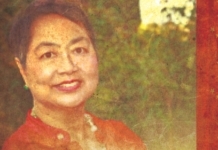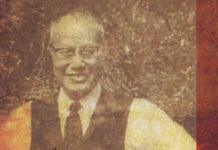Li Yu (李煜) was the final ruler of the Southern Tang state whose greatest contribution was his introduction of the two-stanza form to Chinese poetry. And having his works reproduced in song by one of the most popular Asian singers ever.
Born in the Nanjing region in 937 or early 938 CE, Li was appointed as crown prince in 961 in order to take over in his hometown, then the capital, Jinling, which sat smack bang in the middle of the Southern Tang.
Never actually becoming emperor, Li’s time in power was spent politically appeasing the Song Dynasty, which would ultimately be his downfall.
For Li had other, more important things on his mind; pleasure making.
Poetry to be exact.
By definition, the lines in two-stanza forms of poetry must rhyme. And as such, we have Li to thank for opening up the impenetrable world of Chinese poetry to all but the most determined of masochists.
It was the “Ci” form of poetry which was Li’s fascination in particular. Therein, poems are constructed to fit the meter and rhyme of music long since lost.
That Ci poems were set to music was to also set Li upon the throne, in a manner of speaking, but not for over a millennia.
“Alone Up the Western Tower” (獨上西樓), written after Li’s capture, is one of three of his works which appear in song by Teresa Teng, on the Taiwanese singer’s 1983 album, “Light Exquisite Feelings”.
The poem, reproduced below, is one of Li’s most famous, while Time magazine in 1986 named Teng one of the world’s seven greatest female singers. She was known as “Asia’s eternal queen of pop”.
Not at all bad for a guy over 1,000 years old.
Li died on 7 July, 978, after being poisoned by Song Dynasty emperor, Taizong, having written a damning and accusatory poem of him.
“Alone Up the Western Tower” (獨上西樓)
無言獨上西樓 (Alone to silence, up the western tower, I myself bestow.)
月如鉤 (Like silver curtain hook, so does the moon glow.)
寂寞梧桐 (The fallen leaves of one forsaken parasol)
深院鎖清秋 (Make deeper still the limpid autumn locked up in the court below.)
剪不斷 (Try cutting it, it is still profuse –)
理還亂 (More minding will but more confuse –)
是離愁 (Ah, parting’s such enduring sorrow!)
別有一番滋味在心頭 (It leaves behind a very special taste the heart alone could know.)
[Translation by Chan Hong-mo]












